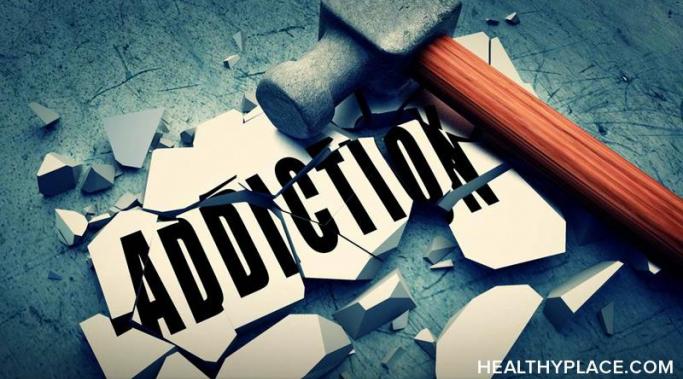Blogs
What are your personal values, and how do they affect your self-esteem? We all have different values that we live by. They can be honesty, generosity, kindness, happiness, loyalty, patience, etc. These values play a crucial role in building our lives. They help shape how we think and act with others. They also influence our emotions, making them essential in building self-esteem. In this article, we look at the relationship between personal values and self-esteem and how to use these values to build our self-worth and confidence.
Happiness matters. It's easy to get caught up in the hustle and bustle of daily life, constantly pushing ourselves to do more and more in the quest for success. However, it's important to remember that genuine satisfaction comes from doing what you love. Whether it's a hobby, a passion project, or a career path, prioritizing your happiness can profoundly impact your health and wellbeing.
Someone recently asked me what fun things I have planned for the summer. Surprisingly, that felt like a loaded, triggering question. As a sober person who doesn't have a driver's license or disposable income, I get jealous and resentful when people talk about their vacation plans. The fear of missing out (FOMO) surfaces, and I feel excluded from that version of fun.
Do you know that saying that other people’s opinions of you are none of your business? As much as I try to keep that in my head, that’s easier said than followed, and other people's perceptions of me trigger negative thoughts.
Today I'd like to share the challenges I face balancing weight loss and avoiding becoming "hangry" (hungry plus angry) with schizoaffective disorder.
You can still find a negative stigma around mental health and medication treatment for many individuals. How others perceive them with the knowledge that they use pharmaceuticals can be negative. However, there is not one right answer, and medication treatment needs can change significantly throughout the healing process when recovering from verbal abuse.
I'm anxious for my first session with the personal trainer I hired to coach me for a Himalayan trek I'll be doing in about six months. It's quite unlike me to invest in an exercise program financially. Usually, I just lace up my sneakers and start running until I can't summon the energy for one more step. I even forget to stretch my muscles beforehand sometimes (terrible habit, I know).
I've learned something about anxiety and conflict. For fear of the discomfort that accompanies conflict, I will often try to do my best to avoid any situation that might result in opposition, tension, or some sort of disagreement.
I had never heard of gambling addiction being a possible side effect of aripiprazole (Abilify) or any other drug. That's why I was shocked to read the headline, "Patients given aripiprazole 'should be told of gambling addiction risks'" in "The Guardian." I consider "The Guardian" to be a source of reliable and fact-checked information, so I looked into it further. It turns out that many people have now recognized that a possible side effect of aripiprazole is gambling addiction.
Dopamine and setting goals are links, and so are important in depression. In spite of what the popular "treat yourself" culture would have you believe, when it comes to battling depressive swings, setting goals and striving towards them remains tried and true. When we're feeling blue, self-care and self-compassion are important, but face masks and chocolate will only get us so far. If you're stuck in a rut, it's possible that what you need isn't less responsibility but more.









